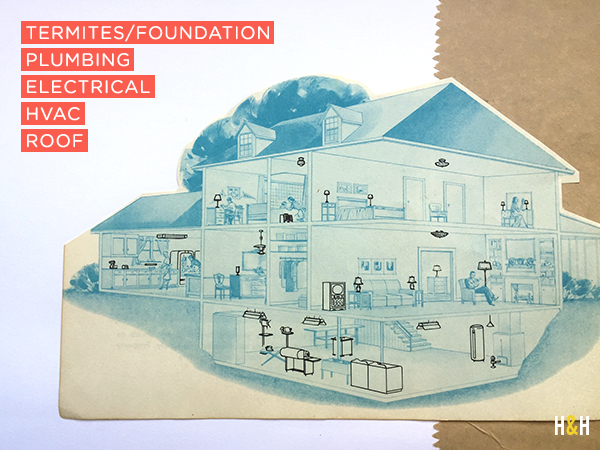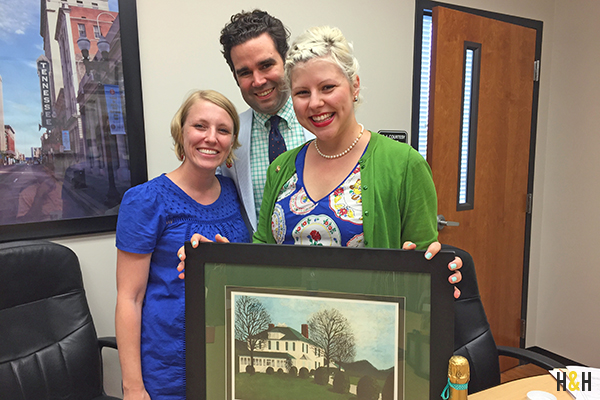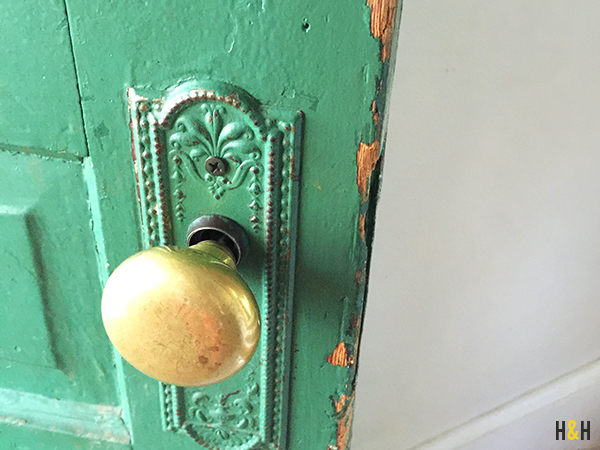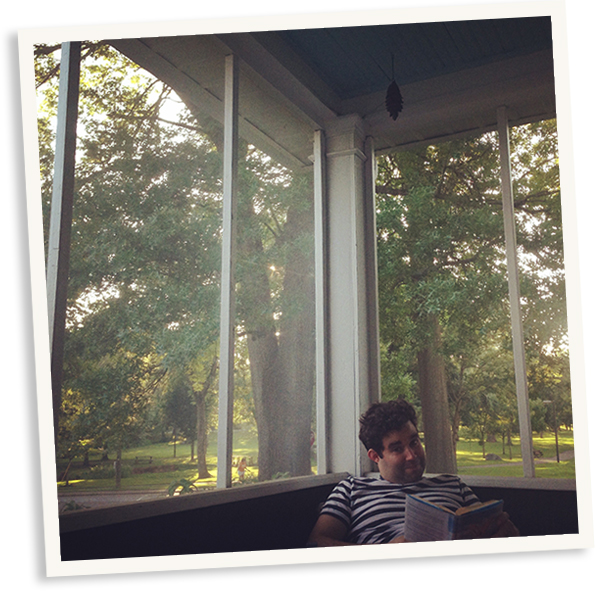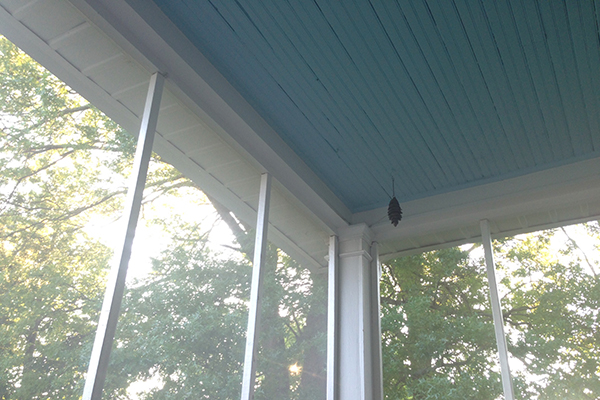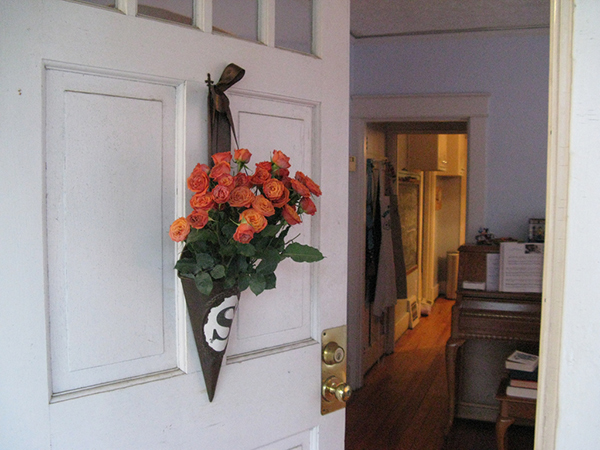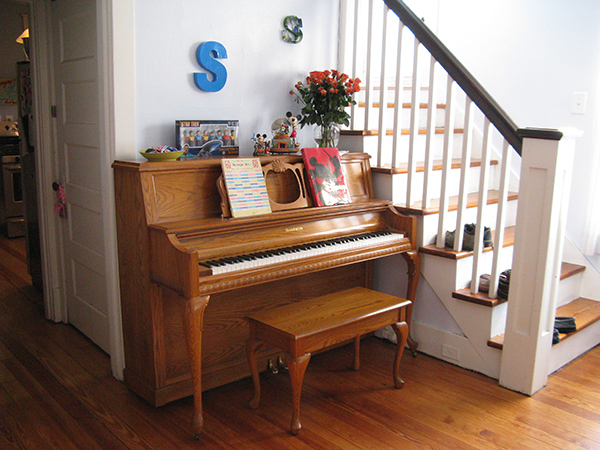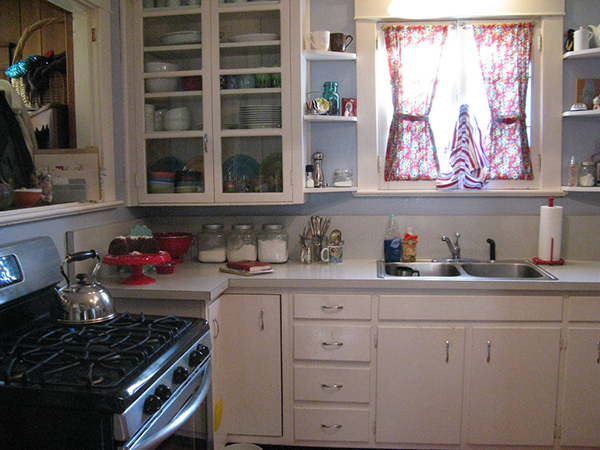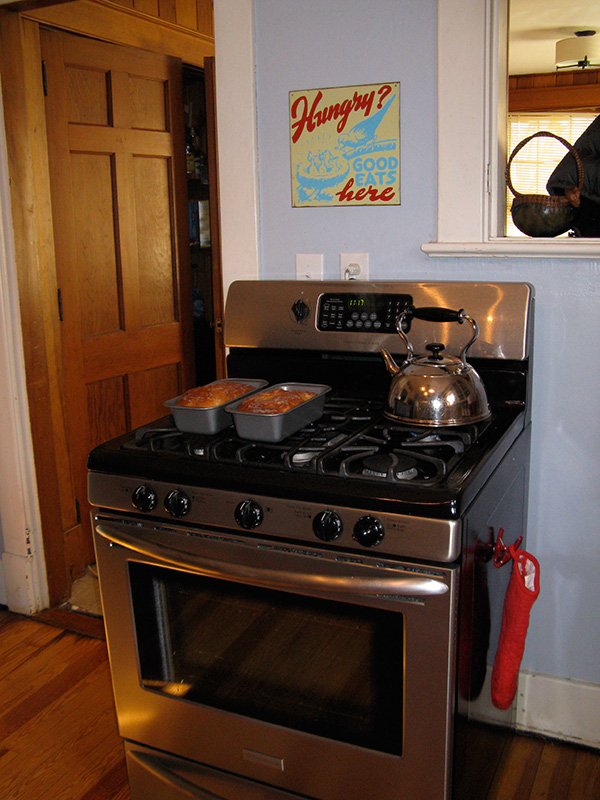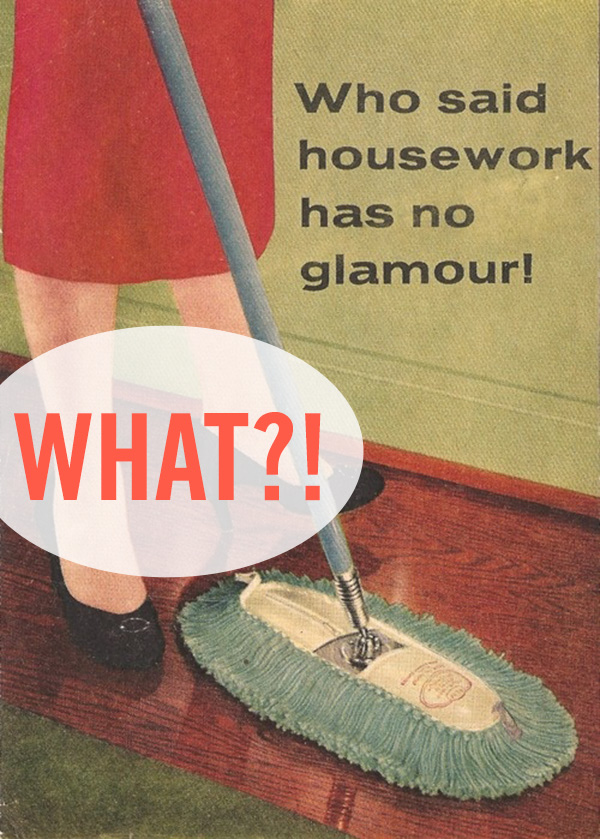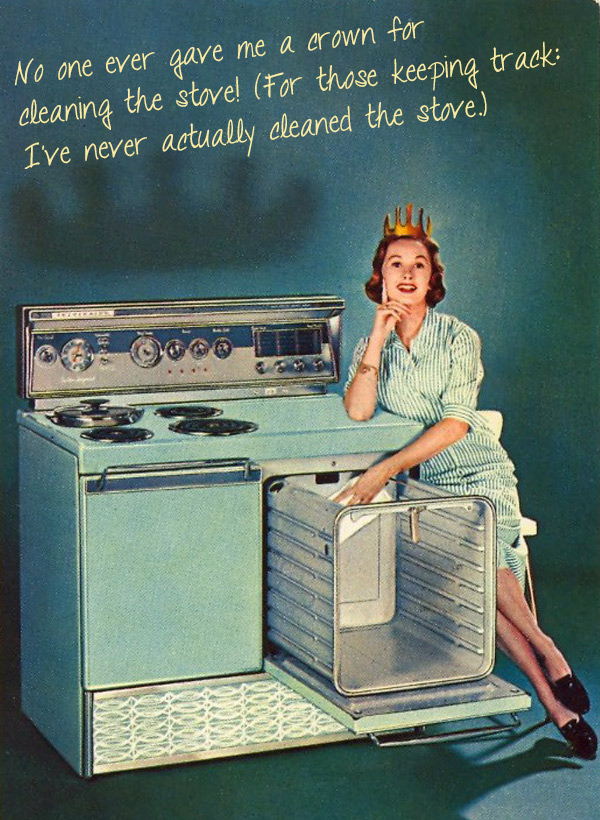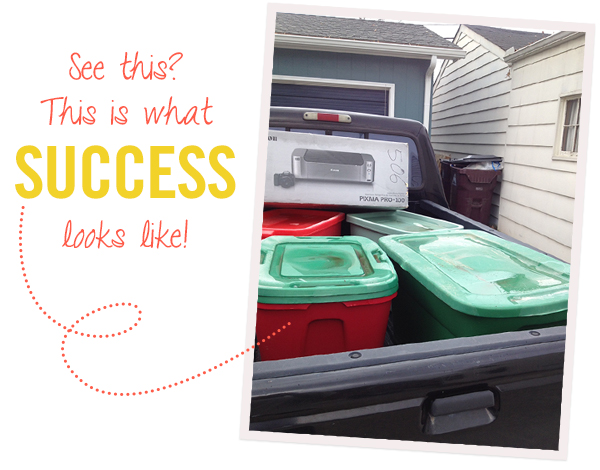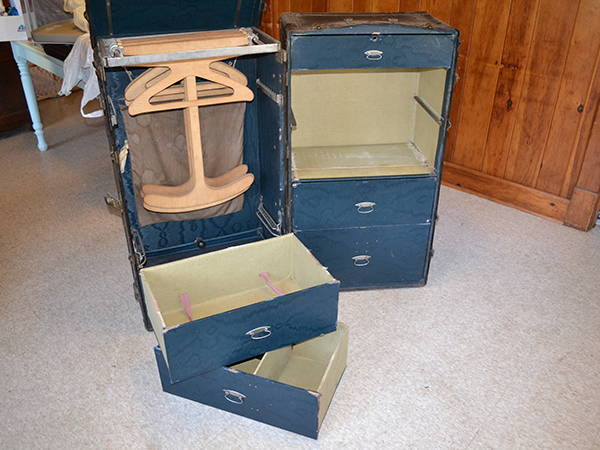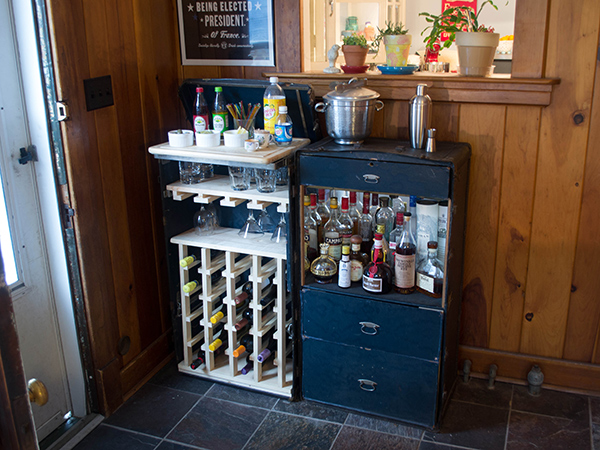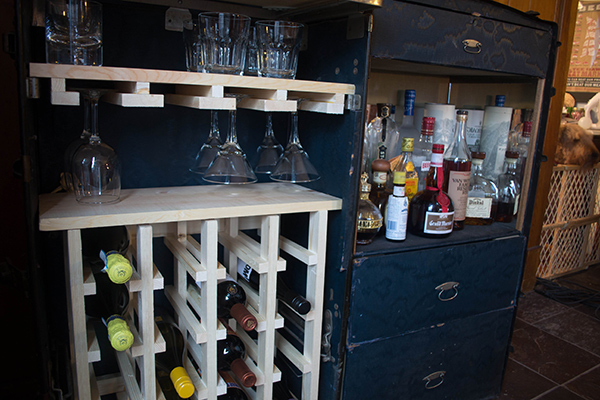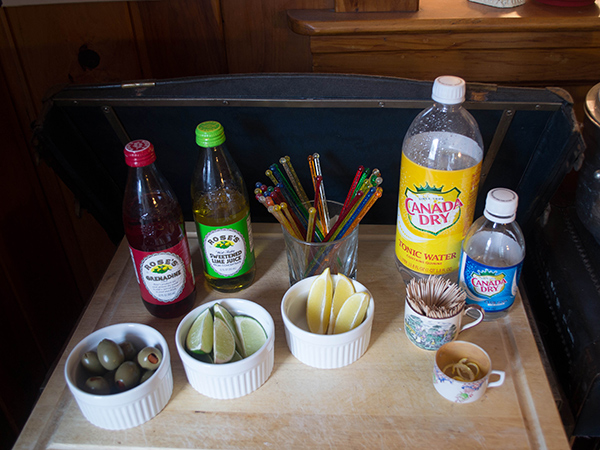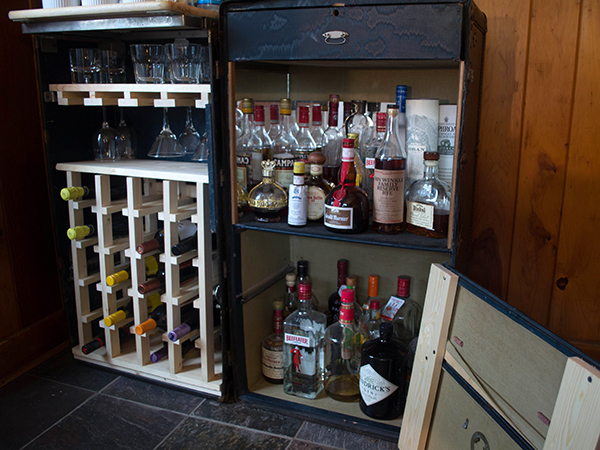We get a lot of questions from people that are dreaming of buying an old house. Older homes can be overwhelming because they woo you with their crown moulding and ceramic sinks but their invisible problems can turn into monetary sinkholes. (In fact, Cary Grant made an entire movie about buying an old house for just this reason. It’s a little tedious, but you get to stare at Cary Grant & Myrna Loy for an hour and a half so… worth it.) So today, I’m giving you my list. The Let’s Be Super Realistic, Come to Jesus List that will take the sparkle off that old home and let you know if you really love her or if it’s better to be just friends.
Here you go: my top five items—think bottom to top or vis versa—whichever way your brain works.
1. Termites / Foundation:
Termite protection is a must for any old house! Your inspector can also tell you about the foundation of the house. Things settle over time so it’s good to know if there are any structural issues that will cost big bucks down the road.
2. Plumbing
The obvious thing is to look for leaks and water damage. But it’s also good to know what material your pipes are made of, and common problems that may be associated with that material.
3. Electrical
Plain & simple: Electrical is a biggie because bad wiring can cause fires.
4. HVAC
Know the age of your HVAC unit. This can be a huge expense that will inevitably come at the worst possible time. If your unit is more than seven years old, by all means have a little money in the kitty just in case it flakes out in the middle of a long, hot summer. Liz Taylor may look hot sweating in a silk slip, but you, my dear, are no Liz Taylor.
5. Roof
Ask about the age of the roof and have your inspector check it out. This is also a good time to ask your inspector about the insulation situation. Old homes are, by nature, less efficient, but there are plenty of ways to help this if you know what the issues are to begin with.
So that’s my list! What would be in your top 5? It’s so important to get a good inspector and ask a lot of questions! Everyone has their own threshold for what they’re willing to deal with themselves, what they have to hire out, and what is a non-starter. Hopefully, this will help you know your list before going in.

